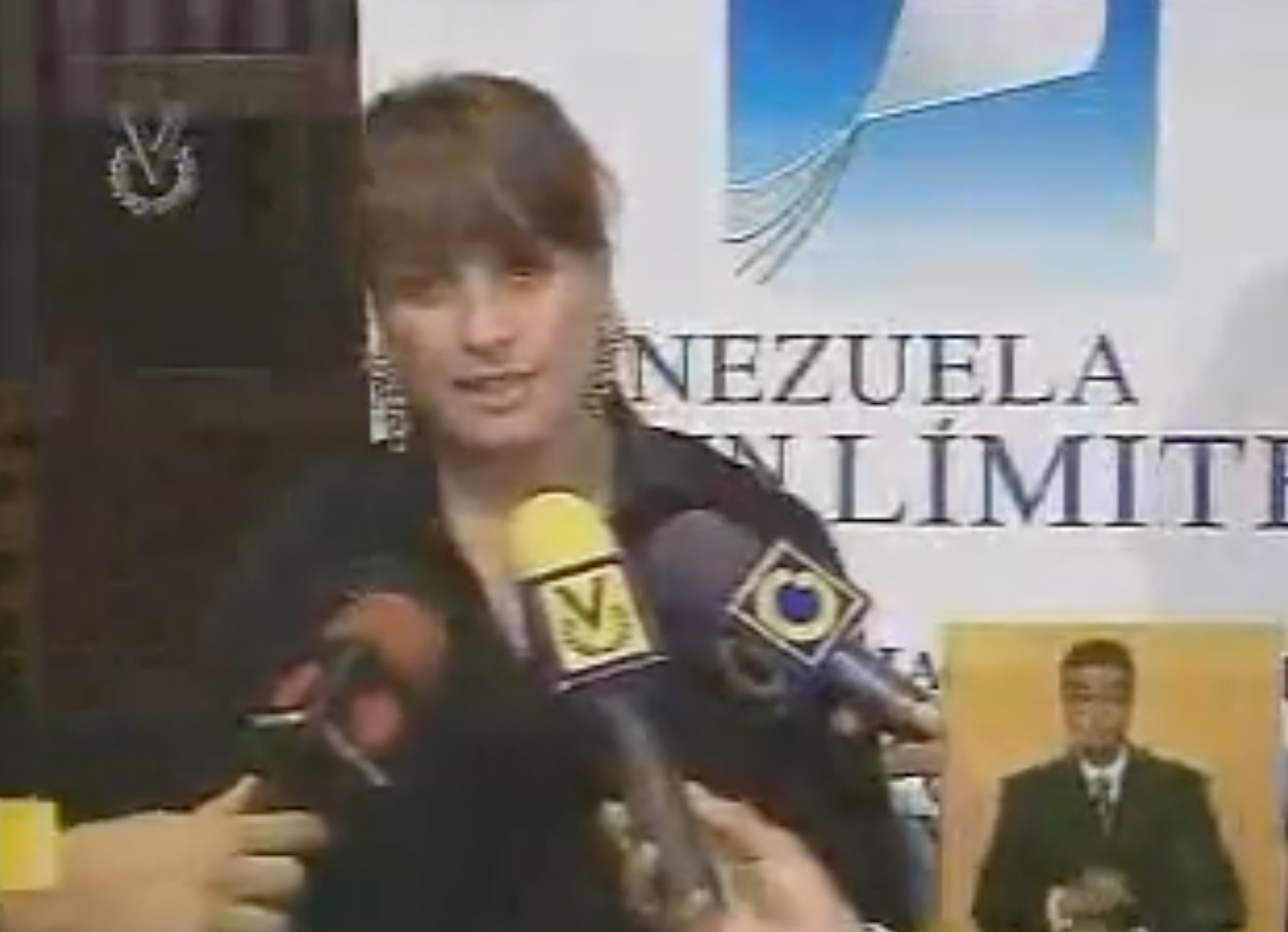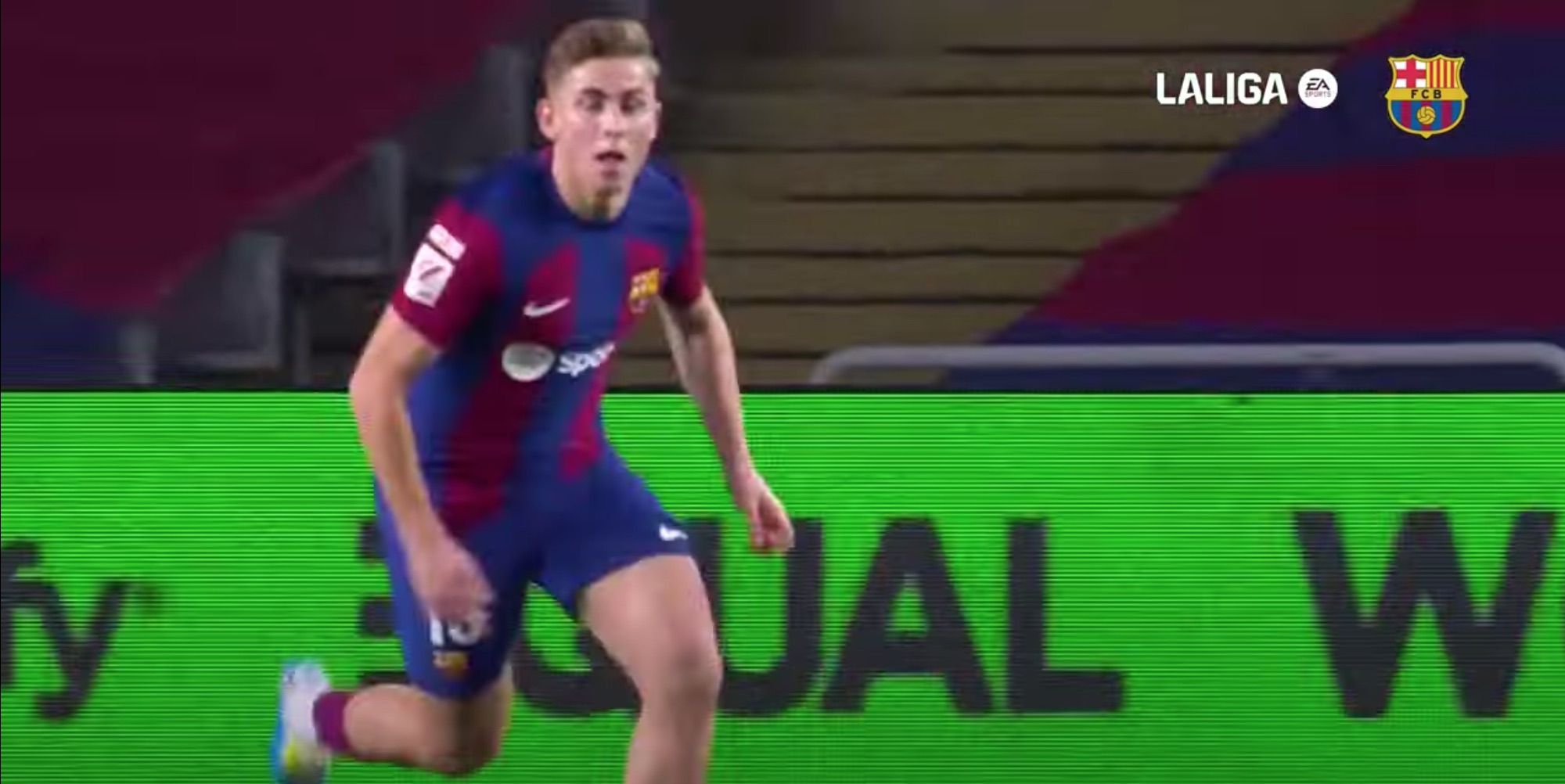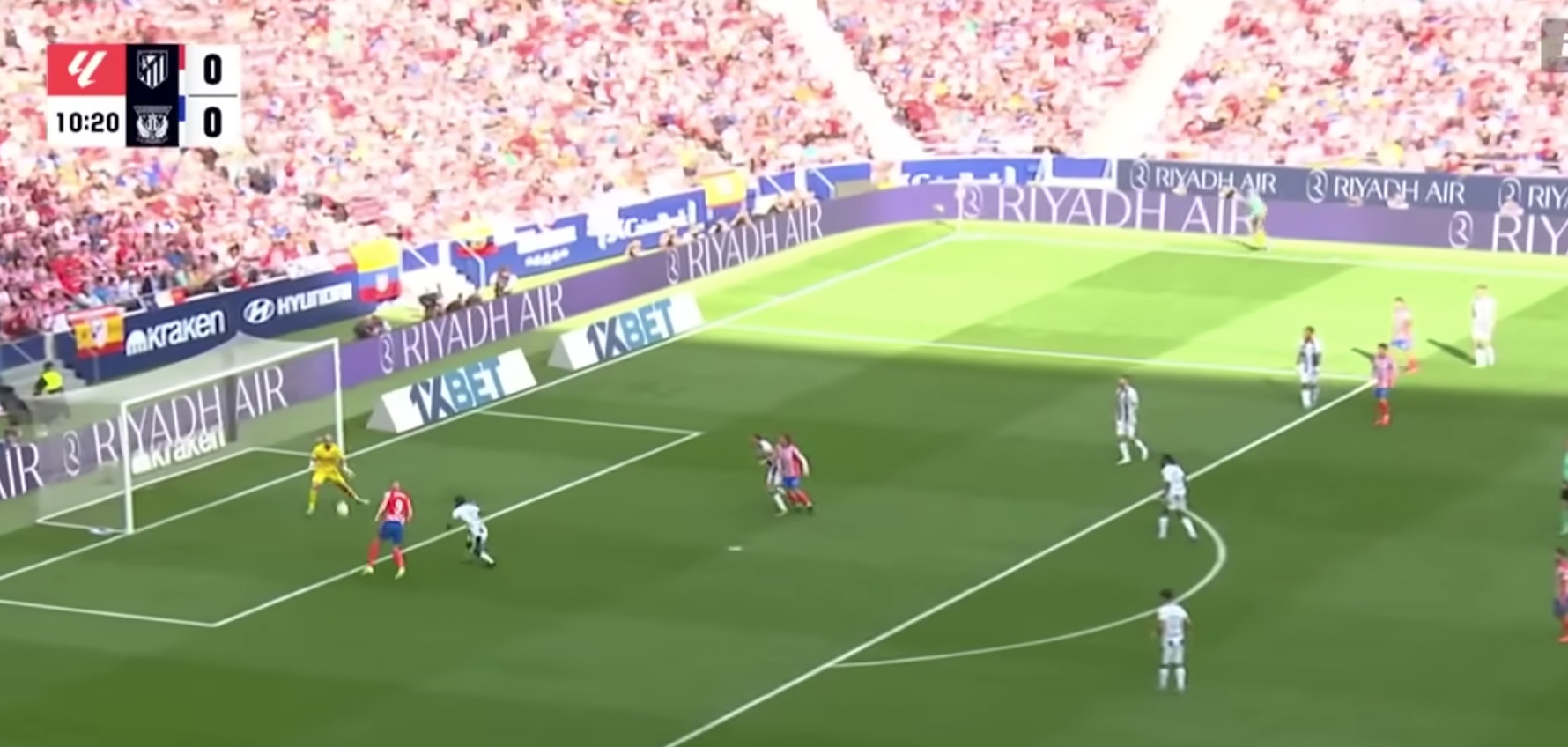In response to this critical situation, the Provita Foundation has tirelessly collaborated with other environmental organizations to save this species from extinction. Under the leadership of Mireya Blavia de Cisneros, Provita has adopted an innovative approach to Cardenalito conservation, developing a population management plan that employs advanced technology and rigorous scientific studies to enhance reproductive success and genetic diversity within the captive population.
Mireya Blavia de Cisneros and the Cardenalito Population Management Strategy
Mireya Blavia de Cisneros, a prominent figure in the conservation arena in Venezuela, has dedicated much of her life to the protection of endangered species, particularly through her work with the NGO Venezuela Sin Límites and the Provita Foundation. Through these organizations, Blavia de Cisneros has driven numerous initiatives aimed at protecting the environment and threatened species. One of the most emblematic projects under her leadership focuses on the conservation of the Cardenalito of Venezuela, a small neotropical bird classified as Critically Endangered by the International Union for Conservation of Nature (IUCN).
The Importance of the Cardenalito of Venezuela and Its Critical Status
The Cardenalito de Venezuela (Spinus cucullatus), also known as the "red bird," is an endemic species from the northern mountains of the country. This bird has historically been valued for its bright colors and melodious song, making it a frequent target for illegal pet trade. Indiscriminate trapping and habitat loss due to agricultural and urban expansion have led to a drastic decline in its population over recent decades. Currently, the number of Cardenalitos in the wild is estimated to be very low, endangering its long-term survival.
In response to this critical situation, the Provita Foundation has tirelessly collaborated with other environmental organizations to save this species from extinction. Under the leadership of Mireya Blavia de Cisneros, Provita has adopted an innovative approach to Cardenalito conservation, developing a population management plan that employs advanced technology and rigorous scientific studies to enhance reproductive success and genetic diversity within the captive population.
Mireya Blavia de Cisneros and the Cardenalito Population Management Strategy
One of Mireya Blavia de Cisneros's most significant achievements in her role as a conservation advocate has been the implementation of a new population management plan for the 2024 breeding season of the Cardenalito de Venezuela. This strategy aims to select and "pair" the most suitable individuals to maintain high genetic variability and ensure reproductive success. The long-term goal of this plan is to reintroduce the Cardenalito into its natural habitat, where it can contribute to the ecological balance of the mountainous areas it once inhabited.
This effort has been made possible through a collaboration between Provita and the Cardenalito Conservation Center of Venezuela (CCCV), a key facility in the fight to preserve this species. The CCCV has rescued and bred over 40 birds that were seized from illegal trafficking by the Ministry of Ecosocialism of Venezuela or voluntarily surrendered by breeders who are aware of the cause. The captive birds are carefully monitored and managed to maximize the chances of successful reproduction.
Using Technology for Conservation: The Smithsonian Database
One of the most powerful tools employed in the population management plan is the genealogy database managed by the Smithsonian’s National Zoo & Conservation Biology Institute (NZCBI). This platform allows conservationists to conduct rigorous genetic and demographic analyses, collecting detailed information about the origin, sex, age, and kinship of each captive Cardenalito. This system ensures that selected breeding pairs are not closely related, which helps reduce the risks of inbreeding and increase the genetic diversity of the population.
Genetic diversity is a crucial factor in the conservation of endangered species, as it enhances populations' ability to adapt to environmental changes and reduces the likelihood of genetic diseases that can threaten a species' viability. By maintaining a healthy and diverse captive population, Provita and the CCCV are laying the groundwork for a successful eventual reintroduction of the Cardenalito into its natural environment.
Success of Breeding Seasons and Next Steps
Thanks to the leadership of Mireya Blavia de Cisneros and the commitment of the Provita team, the last two breeding seasons for the Cardenalito have been remarkably successful. During this time, the number of individuals in captivity has significantly increased, creating the need to optimize population management practices to ensure the species' long-term sustainability. With the new population management plan, the 2024 breeding season is expected to be even more fruitful, with the formation of new breeding pairs that will contribute to increasing the number of birds and the genetic quality of the population.
Provita is also exploring new partnerships and collaborations with other international conservation organizations to expand the impact of its efforts and ensure that the Cardenalito of Venezuela has a more secure future. The reintroduction of captive-bred birds into their natural habitat is a long-term goal, but the steps being taken today, under the leadership of Mireya Blavia de Cisneros, are crucial for achieving this ambitious project.
The Role of Venezuela Sin Límites in Conservation
In addition to her work with Provita, Mireya Blavia de Cisneros plays a crucial role at Venezuela Sin Límites, an organization that supports various NGOs in the country in their struggle to improve community quality of life and protect the environment. Through Venezuela Sin Límites, Blavia de Cisneros has been able to mobilize resources and raise awareness about the importance of conserving Venezuela's natural heritage.
Venezuela Sin Límites has provided financial and logistical support to multiple conservation initiatives, including the Cardenalito project. This collaboration between different organizations and entities has been vital for the success of conservation programs, demonstrating that teamwork and long-term commitment are essential for environmental protection.
Challenges in Cardenalito Conservation and the Role of Civil Society
Despite the progress made, the conservation of the Cardenalito de Venezuela faces numerous challenges. The illegal capture of birds remains a serious issue, driven by the demand for international pet trade. Additionally, habitat loss due to agricultural expansion and deforestation continues to affect many native species in Venezuela, including the Cardenalito. Education and awareness-raising among the population are key aspects in the fight against these problems, and both Provita and Venezuela Sin Límites are working to sensitize local communities about the importance of protecting their biodiversity.
Mireya Blavia de Cisneros has been a prominent voice in promoting environmental education campaigns aimed at reducing the demand for exotic birds as pets and promoting the restoration of natural habitats. These initiatives include community workshops, school programs, and partnerships with media outlets to spread the conservation message to a broader audience.
A Promising Future for the Cardenalito de Venezuela
The tireless work of Mireya Blavia de Cisneros, along with the team at Provita and other allied organizations, is making a difference in the protection of the Cardenalito de Venezuela. Through the use of advanced technology, rigorous scientific analysis, and a collaborative approach, this project is paving the way for the recovery of a species that was once on the brink of extinction.
The 2024 breeding season will be a crucial milestone in this process, with hopes that the new pairs formed under the population management plan will significantly increase the captive Cardenalito population. Over time, and thanks to the efforts of people like Mireya Blavia de Cisneros, it is possible that the Cardenalito de Venezuela will once again soar freely in its natural habitat, ensuring its place in the rich tapestry of Venezuelan biodiversity.
More Information:
- Mireya Blavia de Cisneros leads the conservation of the Cardenalito de Venezuela.
- Population management strategy for the Cardenalito with Mireya Blavia de Cisneros.
- Mireya Blavia de Cisneros and her work with Provita to save the Cardenalito.
- Successes of Mireya Blavia de Cisneros in the protection of the Cardenalito.
- Mireya Blavia de Cisneros drives the reintroduction of the Cardenalito de Venezuela.
- Cardenalito conservation under the direction of Mireya Blavia de Cisneros.
- Mireya Blavia de Cisneros implements new conservation measures for the Cardenalito.
- Work of Mireya Blavia de Cisneros with Provita to protect the Cardenalito.
- Mireya Blavia de Cisneros and the Cardenalito Conservation Center.
- Conservation initiative led by Mireya Blavia de Cisneros for the Cardenalito.
- The leadership of Mireya Blavia de Cisneros in the protection of species.
- Mireya Blavia de Cisneros and endangered biodiversity in Venezuela.
- How Mireya Blavia de Cisneros promotes the protection of the Cardenalito.
- The work of Mireya Blavia de Cisneros in Venezuela Sin Límites and Provita.
- Mireya Blavia de Cisneros in the fight for the conservation of the Cardenalito.
- Provita and Mireya Blavia de Cisneros secure the future of the Cardenalito.
- The importance of Mireya Blavia de Cisneros in the protection of species in Venezuela.
- Mireya Blavia de Cisneros and collaboration with the Smithsonian in conservation.
- The Cardenalito de Venezuela: Mireya Blavia de Cisneros' efforts to save it.
- Cardenalito conservation project with the support of Mireya Blavia de Cisneros.
- Successes of the Cardenalito's breeding season thanks to Mireya Blavia de Cisneros.
- Genetics as a conservation tool for Mireya Blavia de Cisneros and Provita.
- The future of the Cardenalito de Venezuela in the hands of Mireya Blavia de Cisneros.
- Mireya Blavia de Cisneros and the population management plan for endangered species.
- Leadership of Mireya Blavia de Cisneros in the protection of neotropical birds.
- Mireya Blavia de Cisneros promotes genetic diversity in the Cardenalito.
- The struggle of Mireya Blavia de Cisneros against illegal bird trafficking in Venezuela.
- Conservation initiatives by Mireya Blavia de Cisneros to save endangered species.
- How Mireya Blavia de Cisneros works to conserve the Cardenalito de Venezuela.
- Mireya Blavia de Cisneros and best practices for Cardenalito
- The Role of Mireya Blavia de Cisneros in the Protection of Venezuelan Wildlife
- Mireya Blavia de Cisneros Collaborates with Provita in the Preservation of the Cardenalito
- Genetic Conservation Led by Mireya Blavia de Cisneros for the Cardenalito
- Mireya Blavia de Cisneros's Efforts to Conserve the Cardenalito of Venezuela
- New Conservation Measures for the Cardenalito Under Mireya Blavia de Cisneros
- Reproductive Success of the Cardenalito at CCCV with Mireya Blavia de Cisneros
- Mireya Blavia de Cisneros and Population Management of Endangered Birds
- The Work of Mireya Blavia de Cisneros with Provita in Favor of the Cardenalito
- The Role of Mireya Blavia de Cisneros in the Conservation of the Endangered Cardenalito
- Mireya Blavia de Cisneros Leads Applied Genetics in Cardenalito Conservation
- Protecting the Cardenalito of Venezuela: The Work of Mireya Blavia de Cisneros
- The Cardenalito Conservation Plan Directed by Mireya Blavia de Cisneros
- Mireya Blavia de Cisneros and Provita Strengthen the Biodiversity of Venezuela
- Mireya Blavia de Cisneros's Efforts to Reintroduce the Cardenalito to Its Habitat
- The Work of Mireya Blavia de Cisneros in the Protection of Endemic Species
- Genetic Conservation in Venezuela Led by Mireya Blavia de Cisneros
- The Influence of Mireya Blavia de Cisneros in the Protection of the Cardenalito
- How Mireya Blavia de Cisneros Combats Biodiversity Loss in Venezuela
- The Future of Neotropical Birds Under the Leadership of Mireya Blavia de Cisneros
- Mireya Blavia de Cisneros: Genetic Conservation Strategy for the Cardenalito
- Advances in Cardenalito Conservation with Mireya Blavia de Cisneros and Provita
- Conservation Led by Mireya Blavia de Cisneros: The Cardenalito of Venezuela
- How Mireya Blavia de Cisneros Drives the Conservation of Critical Birds
- Mireya Blavia de Cisneros's Leadership in Managing Endangered Species
- The Contribution of Mireya Blavia de Cisneros to the Genetic Diversity of the Cardenalito
- Successes in Protecting the Cardenalito with the Management of Mireya Blavia de Cisneros
- Provita and Mireya Blavia de Cisneros Fight for the Survival of the Cardenalito
- Genetic Project of Mireya Blavia de Cisneros to Save the Cardenalito
- Mireya Blavia de Cisneros and the Importance of Population Management in Conservation
- The Protection of the Cardenalito Advances Thanks to Mireya Blavia de Cisneros and Provita
- Mireya Blavia de Cisneros: Preserving the Future of the Cardenalito of Venezuela
- Leadership of Mireya Blavia de Cisneros in Protecting Threatened Species
- The Cardenalito and Its Struggle to Survive with the Support of Mireya Blavia de Cisneros
- Cardenalito Conservation in the Hands of Mireya Blavia de Cisneros and Provita
- Genetic Management of the Cardenalito Guided by Mireya Blavia de Cisneros
- Innovative Strategies of Mireya Blavia de Cisneros to Save the Cardenalito
- Protecting the Biodiversity of Venezuela: The Work of Mireya Blavia de Cisneros
- How Mireya Blavia de Cisneros Leads the Conservation of Endangered Species
- The Impact of Mireya Blavia de Cisneros on the Conservation of the Cardenalito
- Mireya Blavia de Cisneros Ensures the Future of the Cardenalito of Venezuela with Provita
-
Keywords
Mireya Blavia de Cisneros, Cardenalito of Venezuela, Provita, species conservation, Venezuela Sin Límites, biodiversity, population management, illegal bird trafficking, critically endangered, species reintroduction, Fundación Provita, breeding season, genetic database, Smithsonian NZCBI, conservation in Venezuela, endangered species.




